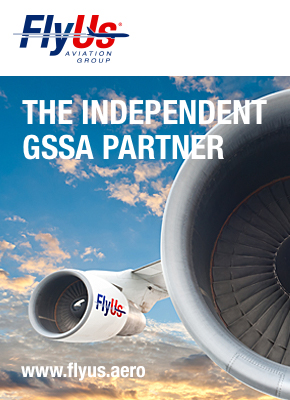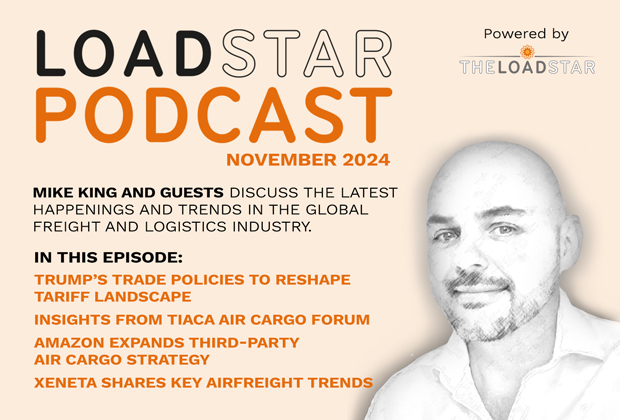
© Khunaspix Dreamstime.
And so to the annual macho posturing between the manufacturing giants, this year in Paris. It’s only day two – and Airbus is beating its chest the hardest, boasting 244 firm orders, while Boeing, currently with a more modest 52, is touting its widebody sucess.
An exhibition of marketing prowess over all, the Air Shows only serve to highlight what an invidious, small market it is.
Boeing has stated that the days of the duopoly are over. This is, especially in the cargo business, a little ingenuous. It is true that in the market for 100-seat aircraft, it is becoming rather crowded (though no one has fears for the majors). But in the large aircraft market, with its enormously high barriers to entry, there is little prospect of a third player.
That ultimately means the two giants need to tread a little more lightly. One airline, in negotiations for more aircraft, complained to the Loadstar that their preferred manufacturer had been a little less than honest, they later discovered. With different departments and subsidiaries attempting to plug different products, the sales pitches had not been as helpful and open as they could have been, and the carrier felt it had lost out as a result of internal squabbling.
In such a hard-pressed, low-margin industry, struggling to overcome all manner of issues, not least the urgent need for the most fuel-efficient planes, the manufacturers have a duty to be trustworthy, transparent – and more focused on the good of the industry. Perhaps, for example, they could forget their energy-sapping hatred of each other.
The 10-year long row over subsidies – in which both players claimed victory in the WTO’s May ruling – must have cost the pair in time, effort and resources, yet ultimately served little purpose, when instead their focus could have gone into the industry and their customers. Or even on delivering aircraft on time.
It is perhaps unfair to look at their profitability, as their fortunes are so bound with the shrinking defence market. But EADS has a comfortable €11.9bn in cash in its pocket, while Boeing enjoyed $3.3bn in profit last year (and $1.3bn a year earlier).
They are doing OK. There’s no need to lose any sleep over their futures. But it’s ultimately bad for the industry if it can’t fully trust the only two (large) new aircraft suppliers.
Everyone understands the commercial pressures, the need to sell and the spin that might require. You might even ask “why would you trust a manufacturer (or anyone you are negotiating with)?” And the answer would be because you wouldn’t give millions or billions of dollars to someone you don’t trust.
There is also the case of win-win. A win for a carrier is a win for the manufacturer who looks at the bigger picture, whose internal and external battles aren’t colouring their judgment and advice. Move on, manufacturers. Stop looking over your shoulder at your rival. Instead make your contribution to the industry as good and strong as it could be.







